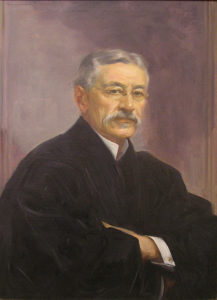Music
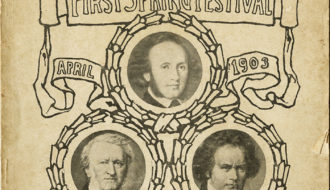
Ferdinand Dunkley
Ferdinand Dunkley was an organist and composer who sought to incorporate Louisiana folklife into his compositions in works such as “Street Cries” and “Bayou Songs.”

Ferdinand Dunkley was an organist and composer who sought to incorporate Louisiana folklife into his compositions in works such as “Street Cries” and “Bayou Songs.”
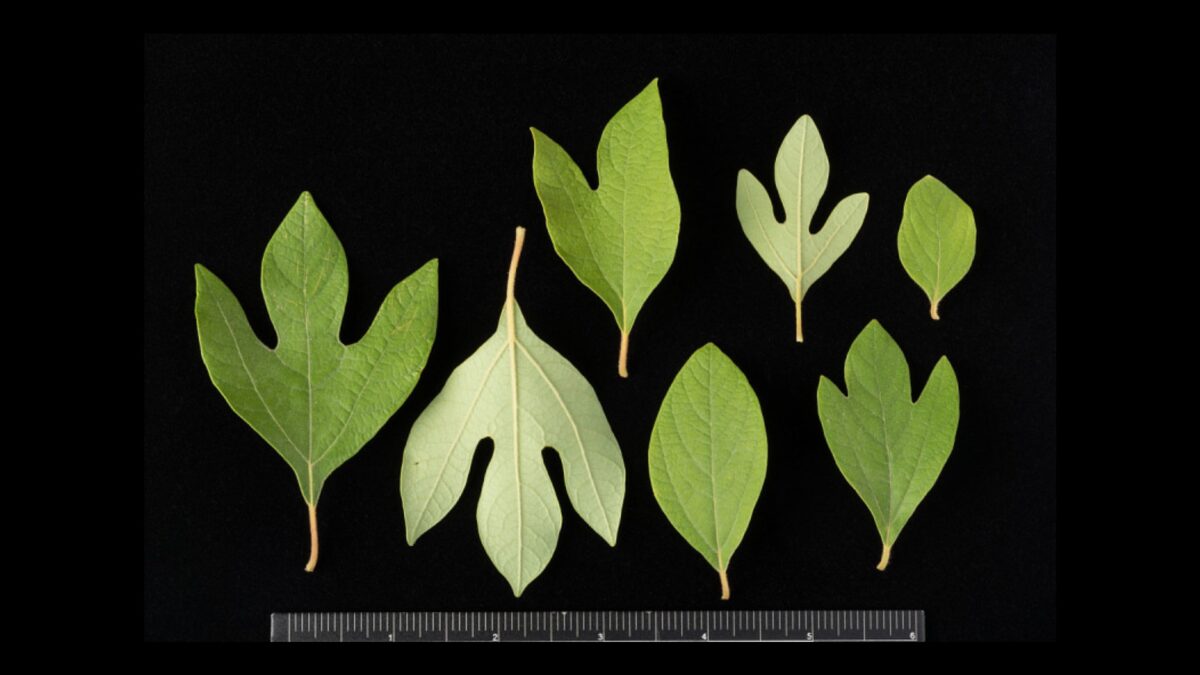
Filé, also known as filé powder or gumbo filé, is a seasoning and thickening agent made from dried and finely ground sassafras leaves.
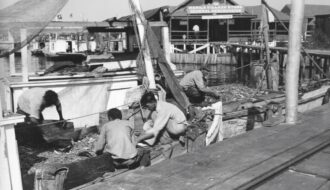
Louisiana is home to the earliest Filipino American community in the United States.

Exploitable petroleum deposits were found in Louisiana in 1901, changing the state's economy and landscape forever.
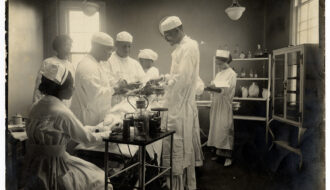
Flint-Goodridge Hospital opened in 1896 to serve New Orleans’s Black community and provide medical training for Black nurses and physicians at a time when other hospitals denied services to Black people.
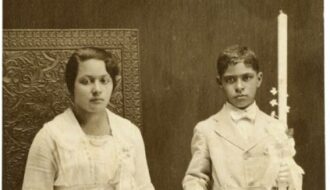
Florestine Perrault Collins, who began her career at age fourteen, was one of the first professional African American female photographers in the country.

The Fontainebleau State Park bears the name of Bernard de Marigny's sugar plantation, which formerly occupied this site and was itself named after the estate of the French king Francois I.
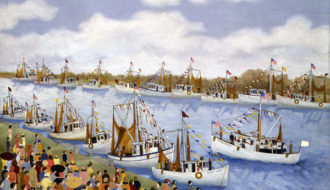
France Folse was the most successful folk painter to emerge from the Bayou Lafourche region in the twentieth century. Her painting chronicle the rapid changes that took place in the region with the discovery of oil and gas and the mechanization of the sugar industry.
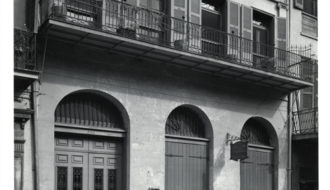
Frances Benjamin Johnston's seven-decade career as a photographer began in Washington, D.C. during the presidency of Benjamin Harrison, and concluded in New Orleans, months before Dwight Eisenhower's election to the same office.
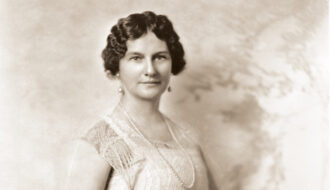
Francis Parkinson Keyes first visited New Orleans during Mardi Gras in 1940 when she was 55 years old. Enthralled with the city, Keyes rented a grand home in the French Quarter and set many novels there, including "Dinner at Antoine's," published in 1948. Keyes died in her home in New Orleans on July 3, 1970.
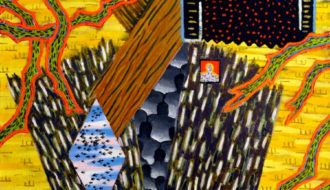
Lafayette artist Francis X. Pavy arranges archetypal images of South Louisiana into iconic patters within his paintings, block prints, and sculptures.
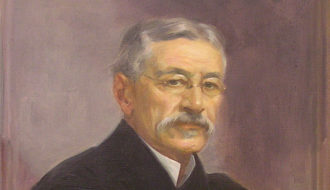
Frank Adair Monroe served as the chief justice of the Louisiana Supreme Court from 1914 to 1922.
One-Year Subscription (4 issues) : $25.00
Two-Year Subscription (8 issues) : $40.00
